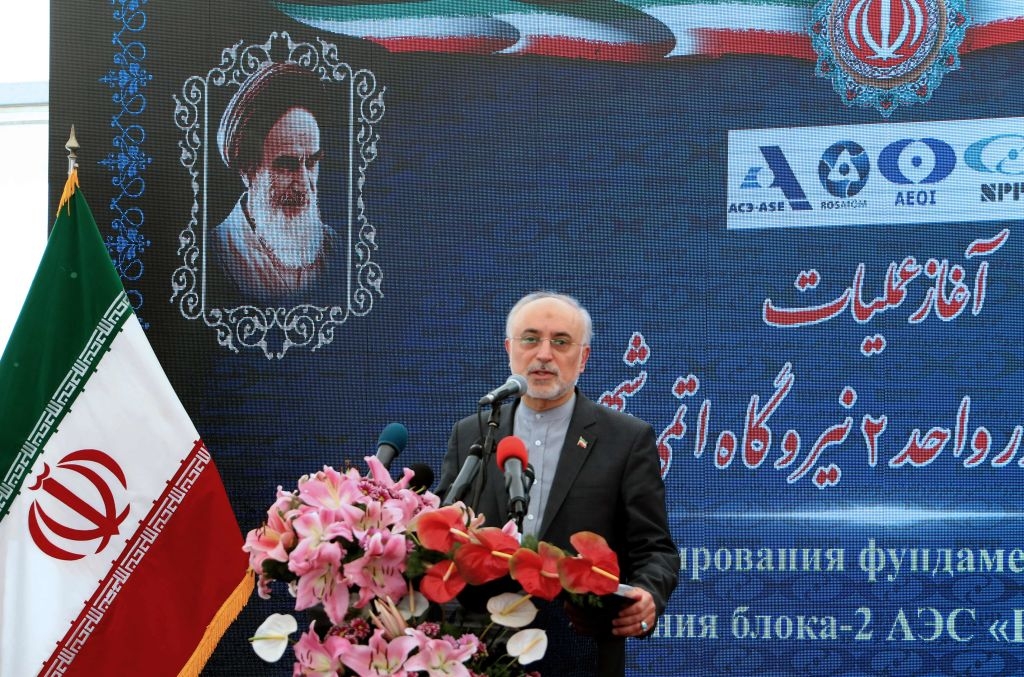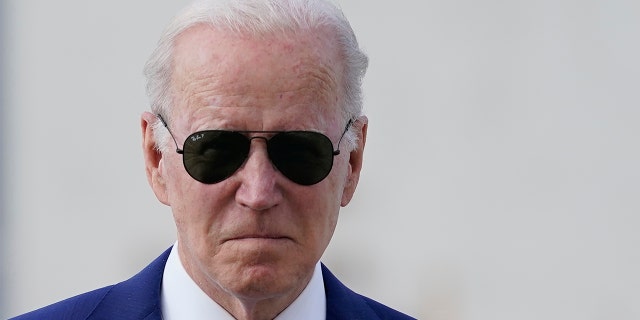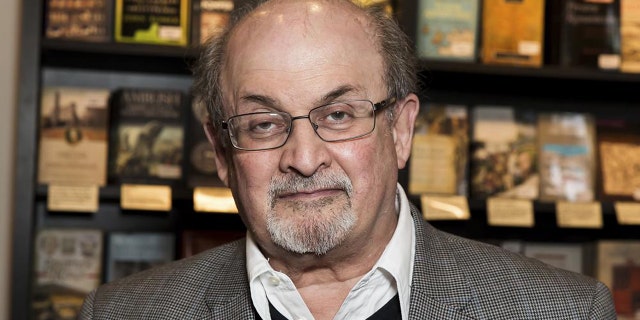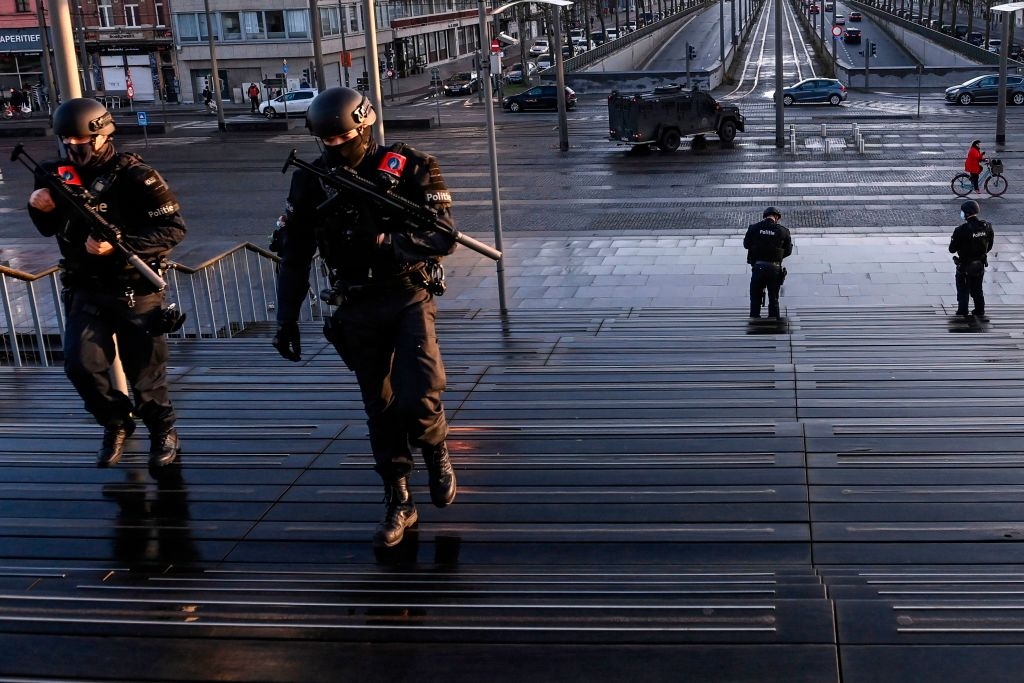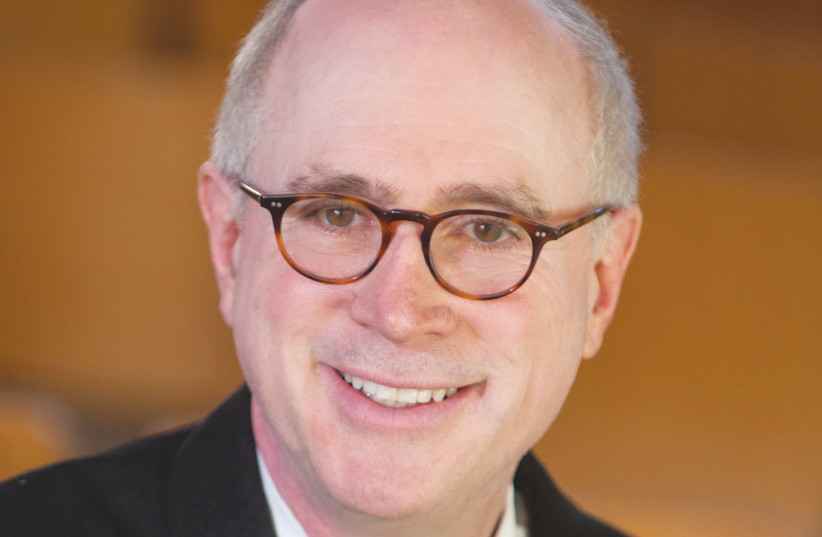by Zvika Klein
DIASPORA AFFAIRS: A rabbinical coalition in the US is countering the growing trend of incoming Reform and Conservative rabbis who feel they need to avoid or criticize Zionism.
 |
MEMBERS OF the Zionist Rabbinic Coalition at a Washington conference
(photo credit: ZIONIST RABBINIC COALITION)
|
"Unfortunately, what’s happened is that there’s a narrative out there
which is that part of the Conservative and Reform American rabbis feel
that we have an instinctive need to be critical of Israel,” says
American Conservative Rabbi Stuart Weinblatt.
The Potomac, Maryland, community leader was in Israel recently, discussing the raison d’etre for the organization that he helped found and is chairman of – the Zionist Rabbinic Coalition.
The
coalition was established two years ago, after rabbis, mainly from the
Reform and Conservative movements, felt that their movements weren’t
representing them on issues regarding Israel and Zionism. According to
Weinblatt, it’s a counterreaction to the reaction of the Reform movement
to the move of the American Embassy to Jerusalem and anti-Zionist trends from within the progressive Jewish religious movements.
“One
of the things is that as a result of those public critiques, which are
in sermons and in writings [of US rabbis], I think what many rabbis
don’t realize, it’s not going to change or move the needle in Israel,
but it will have an impact on the people who hear that message, which is
American Jews sitting in the pews,” Weinblatt told The Jerusalem Post.
“There was a time when that didn’t happen, but in the last few years it
certainly has come to the forefront. I’m deeply concerned about that.”
Distancing US Jewry from Israel, the Jewish world and Judaism
Weinblatt
continued by saying that the negative sermons of progressive rabbis in
the US have caused distancing from Israel itself, which also distances
them from people from the Jewish world and from Judaism.”
He
spoke about the group of progressive rabbinic students from seminaries
in the US that signed a petition against Israel during Operation Guardian of the Walls
in 2021. “We hear this anecdotally from those [rabbinic students] who
are pro-Israel, that they’re afraid to speak out in their classes. We
saw it with a letter that was published last year by 90 rabbinical
students. With all of these factors involved, I think it’s very
important to have the Zionist Rabbinic Coalition.”
He
shared that some of the hundreds of the member rabbis have “expressed a
sense of loneliness in their own movements and have been very happy to
hear that there are other rabbis who are liberal and progressive [and]
who share the commitment to Zionism.”
About
50% of the Zionist Rabbinic Coalition members are Conservative rabbis,
35% are Reform rabbis, and the rest are Modern Orthodox.
RABBI STUART WEINBLATT: Just as rabbinical schools wouldn’t admit
someone who was racist, homophobic or misogynistic, they should also not
be admitting people who are anti-Zionist.” (credit: ZIONIST RABBINIC
COALITION)
The coalition just recently sent a letter to
heads of rabbinic seminaries, which more than 600 rabbis signed. The
letter, titled “A Rabbinic Letter of Support for Israel During the War
With Hamas,” emphasized that it is important for these institutions to
accept only students who are committed to Israel and to Zionism.
“We,
American rabbis, write to express our concern about the attitude of
many rabbinical students towards Zionism and Jewish peoplehood.”
Zionist Rabbinic Coalition
“We,
American rabbis, write to express our concern about the attitude of
many rabbinical students towards Zionism and Jewish peoplehood,” the
first sentence of the letter stated.
“Yet during Israel’s war with Hamas in May of 2021, at a time when Israel sustained over 4,500 rockets in an 11-day period, nearly 100 students from America’s rabbinical schools signed a letter harshly critical of Israel,”
the letter stated and continued: “The students went so far as to accuse
the State of Israel of abusing her power by responding to rockets
targeting Israeli civilians; of racist violence; suppression of human
rights; and of enabling apartheid in the Palestinian territories...
“The
views of these future rabbis do not bode well for engendering support
for the fulfillment of 2,000 years of longing for a homeland, the most
important enterprise of the Jewish people in our time. Furthermore, this
attitude is out of sync with the majority of American Jews, who support
Israel and consider Israel an important part of their identity.
“We
believe it is the responsibility of rabbis not to exacerbate or
contribute to a divide between American Jews and Israel, but to work to
bridge the gap and to strengthen the ties between the two largest Jewish
communities in the world,” the letter said.
It
stated that “while it is not necessary to be uncritical, rabbis should
encourage appreciation of Israel’s achievements as well as greater
understanding of her historic quest for peace and the realities she
faces.
“We want to
ensure that future rabbis exhibit a connection to Jewish peoplehood and a
belief in the right of the State of Israel to exist and defend herself
from those who seek to destroy her. Those who lack ahavat Yisrael, of
which anti-Zionism is a manifestation, cross a line and should not be
leaders of the Jewish people.”
The
rabbis, led by Weinblatt, implored the heads of these rabbinic
seminaries to “consider in your admissions process whether or not a
candidate possesses a love of Israel and the Jewish people, and [we]
call upon you to include ahavat Yisrael as a criterion for admission.”
They stressed that “the ordination of rabbis who harbor anti-Zionist
views contributes to the distancing of Jews not just from Israel, but
from the Jewish people and Judaism.”
Weinblatt shared that some of the seminaries have responded to the letter, yet most of them didn’t.
“I
just had a very positive conversation with Dr. Andrew Rehfeld,
[president] of the Hebrew Union College[-Jewish Institute of Religion],
in response to the letter and the issues we raised,” he said of the
flagship Reform Judaism rabbinic seminary.
“We
decided to call upon the ordaining seminaries to ask them to consider
the views of the future rabbis before accepting them, just as they
wouldn’t admit someone who was racist, homophobic or misogynistic. They
should also not be admitting people who are anti-Zionist.
“We
started to receive responses from some of the seminaries who are
interested in looking into working with us on discussing it, and some of
them who don’t recognize that there’s a problem,” he shared.
Weinblatt revealed that seminaries such as Hebrew College and the American Jewish University “had a very thoughtful response.”
AS
FOR the crisis between the progressive movements in the US and the
Israeli government regarding the implementation of the Western Wall
compromise, Weinblatt thinks that this is a subject that is of
importance more to the leaders of the Reform and Conservative movements
than to their constituents.
“In
certain respects, I think, first and foremost, the egalitarian prayer
section at the Kotel is long overdue,” he said. “I think all sides have
used it [the crisis] to their own advantage, whether it is the haredim
or others. And, unfortunately, each one is just trying to provoke the
other side. I think we need to try to find a way to resolve it. We need
to also find the areas of common consensus.”
Weinblatt
continued with the self-criticism, claiming that the American Jewish
community has let Israel down when supporting the JCPOA agreement with
Iran.
“There was a
consensus in the State of Israel that this was a threat, a central
threat,” he said of the agreement. “The treaty was not good, and in some
respects, the American Jewish community, I think, let Israel down.
“That
also was a little bit in the back of my mind when starting the
coalition. If there’s such a strong consensus from Left to Right on an
issue of security, threatening Israel, we have an obligation not to be
arrogant, not to try and dictate what Israel should do, but, rather, to
understand and to help our people understand those issues.”
WEINBLATT WAS originally ordained by the Reform movement, but later on left the movement and became a Conservative rabbi.
“When
I first joined the Conservative movement in the early ’90s, there were a
number of factors that were especially appealing to me, including the
fact that, since its inception, it has been a Zionist movement,” he said
of the Conservative movement. “And yet, I would say that the trend over
recent years has been to drift a little bit away from that traditional
support.
“The message
that’s come from Reform and Conservative pulpits has been that Judaism
is all about tikkun olam – and that is extremely important. But it
overlooks and neglects the importance of particularism as well. In my
perspective, we need both particularism, universalism, tikkun olam and
also advocacy for Israel. What’s happened, I think, is that the pendulum
has swung, in the Reform and Conservative movements, to almost the
exclusion of the particularistic message that had the aspect of
importance of supporting the concept of Jewish peoplehood in Israel.”
Weinblatt
spoke of a sociological change within the Conservative movement, which
he claimed used to try and be similar and close to Orthodox Judaism, yet
nowadays is closer to the Reform movement. “There was a time, in the
early 20th century, through at least the 1980s, when, in many respects,
Conservative Judaism [operated] in parallel to Orthodoxy. Now that trend
has moved in the other direction. There are many factors to this
change.
“Our approach
is very different from that of the official movements,” Weinblatt said
finally. “Our approach is to be involved constructively and be positive
[in relation to Israel]. It’s not a question of just being cheerleaders.
It’s not a question of just having a supporter’s view for Israel, but,
rather, understanding that there are certain issues that are bigger than
any one specific issue.”
Zvika Klein
Source: https://www.jpost.com/diaspora/article-714534
Follow Middle East and Terrorism on Twitter



